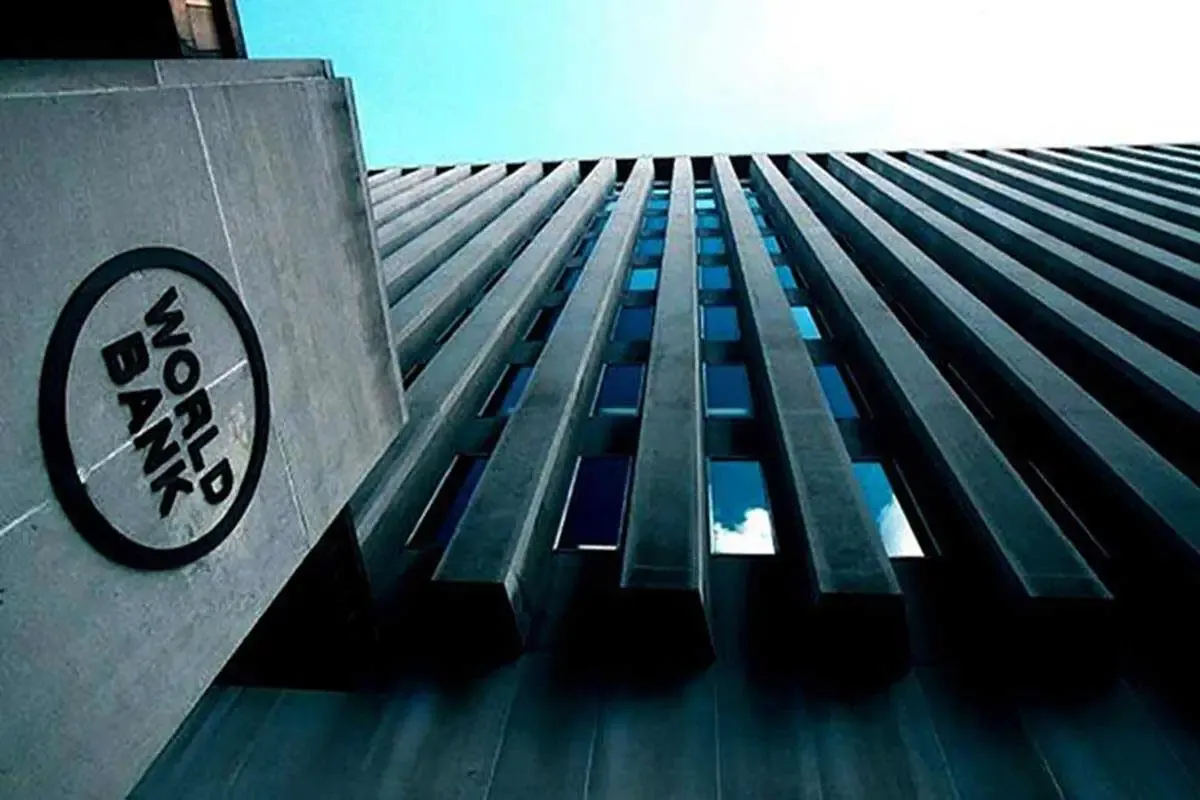World Bank official states India's cannot become developed by 2047
According to a senior World Bank official, India would not be able to meet its goal of becoming a developed economy by 2047 unless changes to increase employment are implemented, as the Financial Times reported on Tuesday.
Prime Minister Narendra Modi has emphasized India's ambition of having a developed economy by 2047 on multiple occasions. He called on people to make India a developed country by the time the country celebrates its 100th anniversary of independence in October of that year.
The top economist for South Asia at the World Bank, Franziska Ohnsorge, has noted that "in a no-reform scenario," reaching the 2047 target is still a long way off.
In contrast to other emerging markets and developing economies, India's employment growth in the 2010s was remarkably sluggish, according to a new research released by the World Bank on Tuesday under the title Jobs for Resilience.
With the exception of Nepal, the employment ratio fell more in India between 2000 and 2022 than in any other nation in South Asia. The labor force that is now employed as a percentage of the region's working-age population is known as the employment ratio.
According to the research, "the employment ratio declined and employment growth was generally much below the average working-age population growth during 2000-'23."
Ohnsorge referred to this as a "lost chance." "It seems like the demographic dividend is being squandered," the woman remarked.
The potential for economic growth that results from a nation's working-age population being larger than its non-working population is known as a demographic dividend.
In a report published in March under the title India Employment Report 2024, the Institute of Human Development and the International Labour Organization noted that 82.9% of India's jobless population was under the age of thirty.
According to the research, youth unemployment has increased over time, particularly for those with at least a secondary degree.
The United Nations stated in September of last year that by 2050, the percentage of elderly people in India is expected to reach 20% of the overall population, suggesting that the nation will not have much longer to enjoy the demographic dividend.
In light of this, demographic experts informed Scroll in January 2023 that India can benefit from the demographic dividend as long as prompt action is done to address issues like unemployment and gaps in healthcare and skill development to fully use the country's youthful population.
In order to capitalize on the demographic dividend, India must "focus on skilling in areas of green technology, artificial intelligence and also other infrastructure skills that our industry would require," according to remarks made in June by the nation's Chief Economic Advisor, V Anantha Nageswaran.
The Matka is a website where you can find information about Jobs News in finance.

